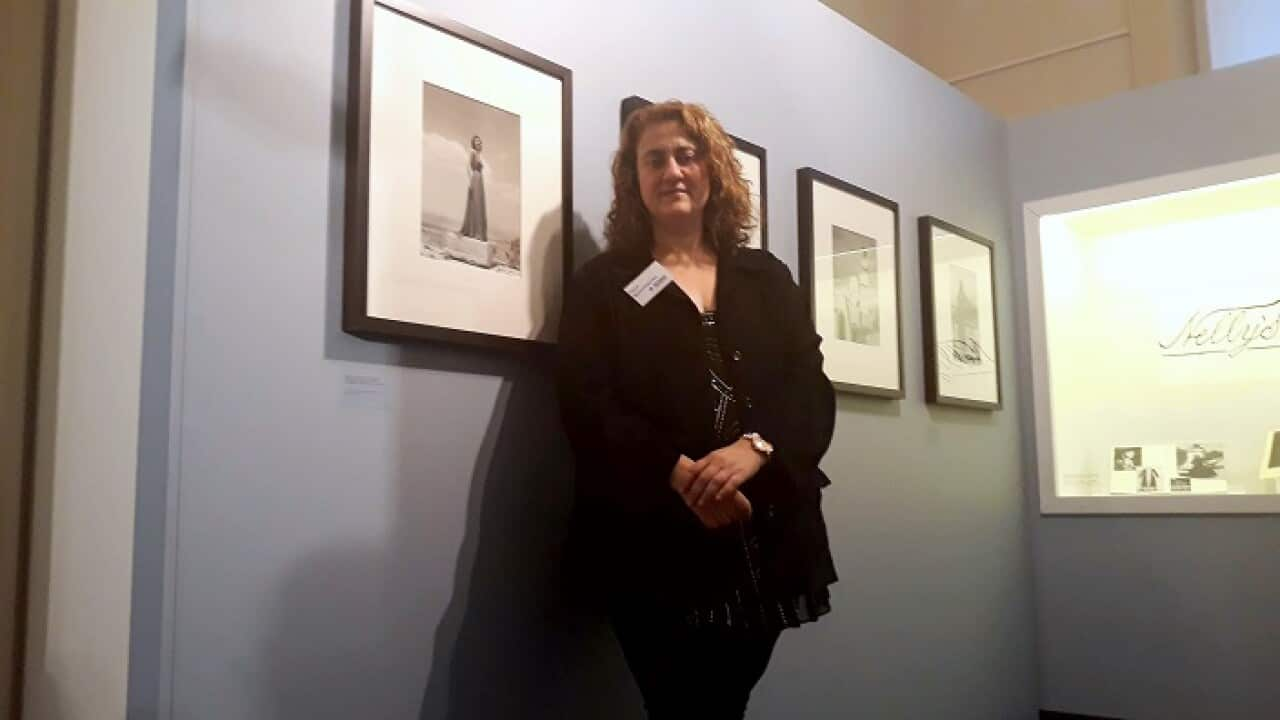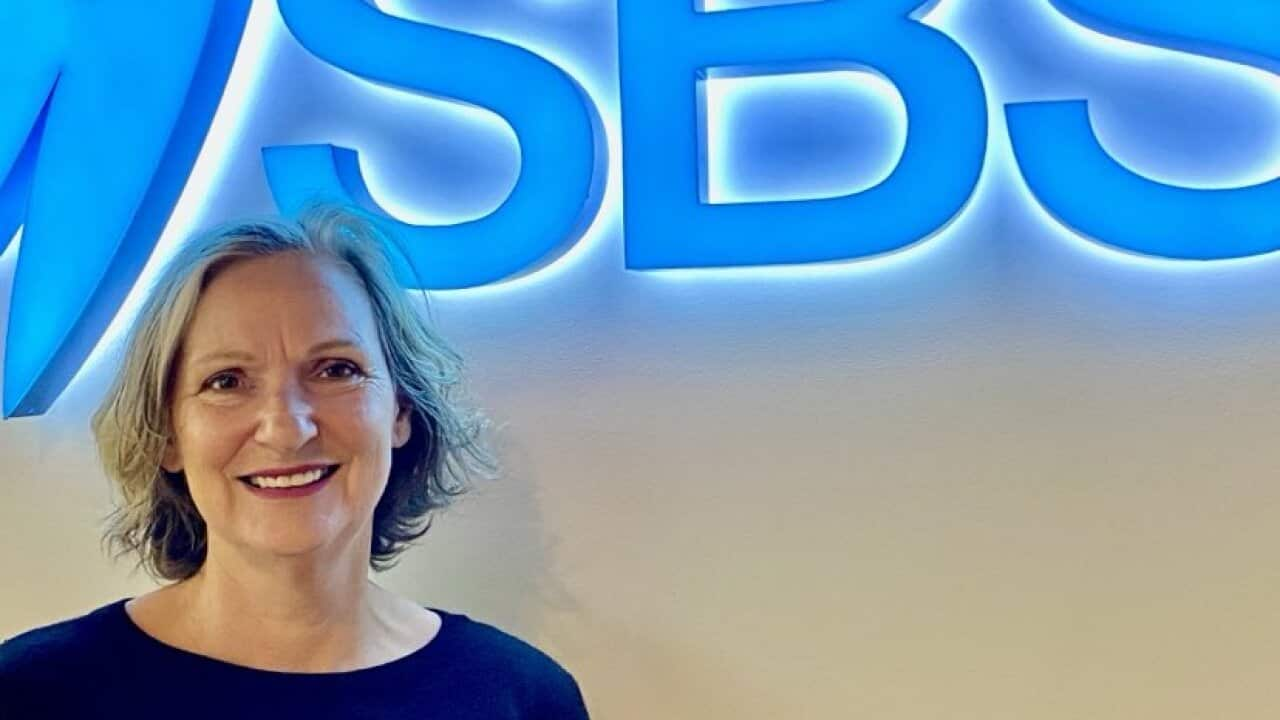Professor Vasso Apostolopoulos was the first researcher in the world to develop the concept of immunotherapy for cancer in the early 1990’s, which today is been used by thousands of labs globally.
Immunotherapy aims to boost specific immune cells and can program them to kill cancer cells. The method was used by Apostolopoulos to develop the world’s first breast cancer vaccine with phase I, II and III clinical trials completed. One of the studies now has long-term follow-up data showing that twenty years later those injected with the vaccine remain cancer free. Also, this vaccine has been licensed for commercial use.
"Basically, my research is on immunology and the study of the immune system. We are 'educating' the immune system to overcome any diseases. Diseases come as a result of an anomaly in the immune system. So what we doing, is educating the immune system to either be more powerful so it can be strong enough to kill cancerous cells or to make cancer go to sleep."

Dr Vasso Apostolopoulos shares her research at Hellenic Museum Source: SBS Greek
The benefits of immunotherapy
Committed to the wide-ranging benefits of immunotherapy, Apostolopoulos has applied this approach to other diseases including a vaccine for multiple sclerosis (which will undergo human clinical trials early in 2019). Most recently, her work has been awarded a research grant to develop a vaccine for type-1 diabetes.
"We are either enhancing the new system or downregulating it until it goes back to sleep. So we're going back to the basics and teaching the immune system to overcome diseases", Apostoloupolos told SBS Greek.
Using immunotherapy, Melbourne-based professor has also developed the world’s first ovarian cancer vaccine which attracted the investment by a pharmaceutical company.
Her recent research to develop a blocker against methamphetamine (known widely is "ice") addiction has gained significant interest.

Victoria University's Chancellor, George Pappas Source: SBS Greek
Funding always an issue
Professor Apostopopoulos told SBS Greek that researchers have progressed a lot. "Think this; new mobile phone and computers are on the market every six months. This is how fast technology is moving and medical research is also progressing really fast."
But she states that her type of research needs more funding. "If there’s funding for any drug or vaccine, we can move really fast or stop. I have 17 patents, only three of them are progressing and the rest 14 potential treatments are stored in the fridge waiting for a potential funding."

The event took place at the Hellenic Museum in Melbourne Source: SBS Greek
A remarkable career
Born in Footscray, Vasso Apostolopoulos lived and raised in St Albans, and at the local primary and high schools. She studied at the University of Melbourne whilst still living in St Albans.
Most notable of her awards are the "Premier’s Award for Medical Research", the "Young Australian of the Year (Vic)", and, was named as one of the most successful Greeks abroad by the prestigious "Times" magazine.
She believes that getting into the medical field is difficult. "But nothing is hard if you want to do something and you want to achieve, you can put your mind to it and you can do it. Nothing is hard, everything can be achieved."

From VU event at the Hellenic Museum Source: SBS Greek
Constantly supported by the Greek community
She told SBS Greek that the Greek community was very supportive of her work for the past 25. "It is very exciting that the Greek community in Melbourne but also in Australia and, of course, all the Greeks living outside Greece, they tend to be proud of the Greek achievements".
"They left the country and they have come to another country, they developed a community. And when someone does well and excels, they get this warmth and they support the Greek achievement."




